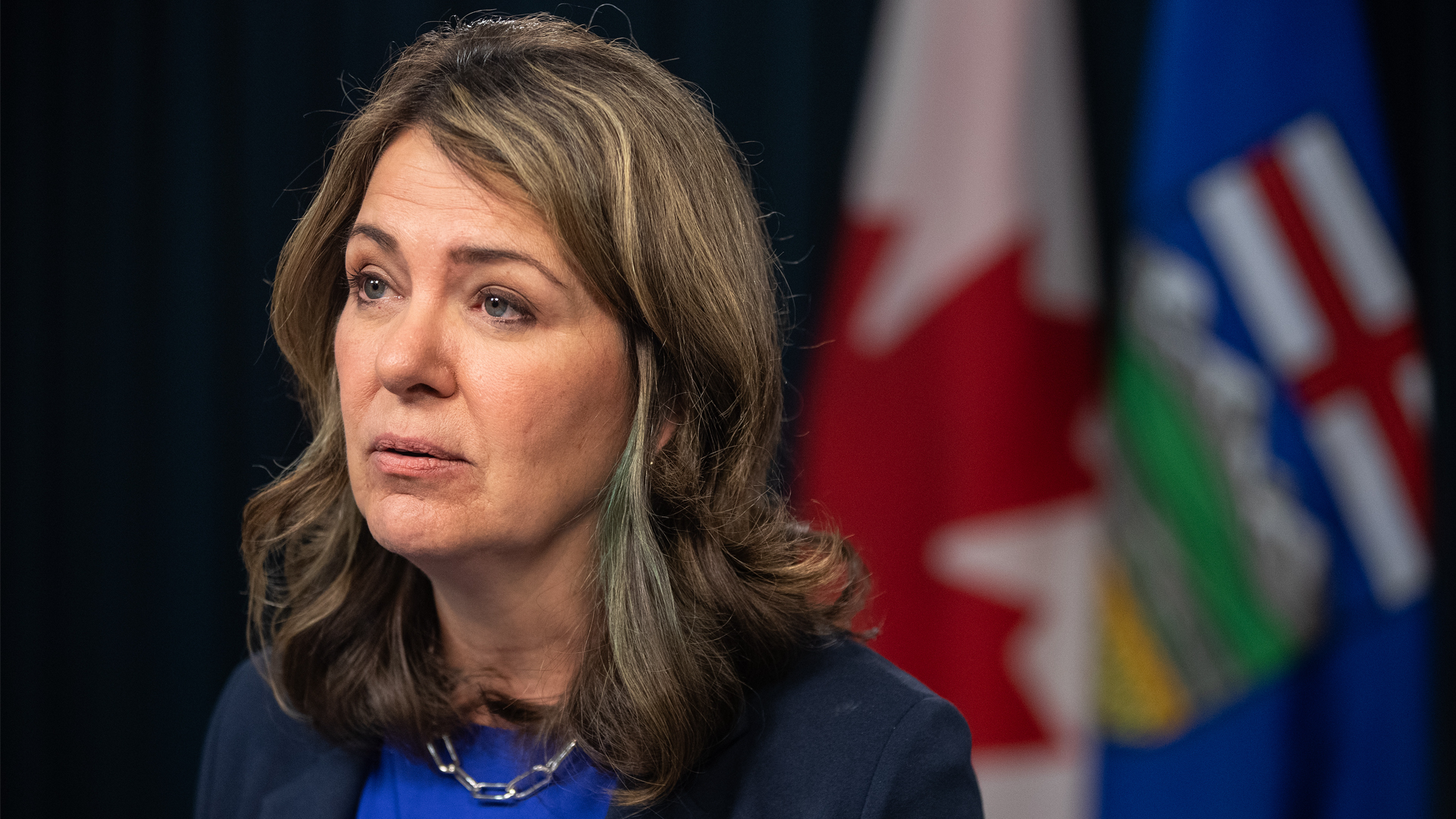
In the past month, teachers’ unions in Britain announced they would stage strike action to back unmet contract demands. This mirrors what we have been seeing with increasing frequency in Canada and parts of the U.S. over the past few years.
Significantly, these labour disruptions have been happening mostly where governments – in the name of fiscal austerity – have announced spending cuts in core public services.
British Prime Minister Rishi Sunak could have used many of the cautionary tales from past Conservative economic management under both Boris Johnson and David Cameron to avoid the current showdown. Most prominent is the economic and social fallout from the draconian cuts in social services under Cameron’s former chancellor of the exchequer, George Osborne.
Education, health care and social services are the primary targets of conservative-led austerity measures because their budgets are among the most visible. These areas also lack well-resourced lawyers and lobbyists to defend themselves as effectively as today’s corporate giants.
According to prevailing conservative economic ideology, it is more efficient to cut or replace these public services with private alternatives using private financing. In the case of education, this takes the form of charter and denominational schools, among others.
Couched in the assurances of corporate social responsibility (CSR), the corporate sector, along with conservative politicians, often claim that private alternatives can provide higher-quality education more cost-effectively. The contention is that through voucher schemes, superior quality can be extended to include those students whose families could not otherwise afford to pay private tuition. A similar argument is often employed for favouring privatization in health and long-term care.
Creating class division through education
Yet, evidence accumulated over recent years reveals that privatizing public services is anything but the panacea claimed by proponents of neo-liberal policymaking.
Based on theories of public choice espoused by the former University of Chicago Nobel laureate in economics, James McGill Buchanan, and his Chicago colleague, Milton Friedman, the approach has been revealed time and again to work well for the minority that can afford it. But it comes at the detriment of the substantial and growing majority who do not possess the means to pay.
Specifically in the education sector, taking this approach has the potential to cause even more profound, widespread and long-term inequities in Canada. As in Britain, it risks producing a kind of “caste-by-education” system in which private school graduates increasingly make up the corporate and political elites that possess the power to make decisions for everyone, while at the same time widening gaps in family incomes and social mobility.
[wd_hustle id=”20″ type=”embedded”/]
Since 2020, declines in real income at the lower end of the scale in North America, compared to the top 10 per cent, have produced a significant increase in inequality. Though inequality in the U.S. remains the highest amongst member countries of the Organisation for Economic Co-operation and Development (OECD), Canada’s income gap also continues to widen.
While social status, ethnicity and regional origins are all contributing factors to social mobility in Canada, social scientists concur that education and skills acquisition are critical to closing this widening gap. That’s critical because this growing gap is producing social alienation supportive of populist leaders in several of the world’s most developed economies – leaders who cater to the fears and resentments of the more vulnerable and less educated.
The result is increased polarization and violence, the blaming and targeting of immigrants, racial, ethnic and sexual minorities, and an erosion of social cohesion and trust in our democratic institutions and processes.
The misguided paths of Ontario and Alberta
Yet, instead of addressing the root cause of growing inequality by strengthening public education and skills development – as we see in parts of Europe and the Nordic states – governments in Ontario and Alberta have chosen to cut funding for public education over the past decade. Recently released social progress indicators show how Canada has dropped to ninth position among 170 countries, trailing Nordic countries, Germany and the Netherlands after having reached the top of the list in 1990.
For example, since taking office in 2018, the Ford government in Ontario has cut public school funding by as much as $1,200 per student, which is in addition to the previously promised public education funding which it chose not to spend. When combined with the COVID-induced accelerated privatization of public education, this approach, which appears to be proceeding without adequate supporting evidence, is a recipe for the increased social ills we are seeing in constituencies often governed by right-of-centre governments.
Well-funded public schools are more important than election giveaways
The erosion of learning and Nova Scotia’s lacklustre response
Similar decisions in education are also being made by the Alberta government. Since Jason Kenney and the UCP took office in 2019, Alberta has experienced major cuts in funding for public education with any increases – including this year’s pre-election budget – going instead to expanding charter school hubs and private education.
Notwithstanding this year’s increase in funding, Alberta offers the lowest per-capita funding per student in Canada and finds itself among only three provinces, along with Ontario and Saskatchewan, where per-student spending for public education has fallen since 2018.
Equally concerning for future productivity and economic growth are the cuts – 30 per cent over the past three years – in the budget of the University of Alberta, one of Canada’s leading research institutions. In addition, the governments of both Alberta and Ontario have been busy cutting support for curricula that emphasize critical thinking, as well as LGBTQ and Indigenous rights and history.
The funding decisions taken by these two provincial governments are anything but responsive to 21st century needs, when considered in light of recent global studies conducted by both the OECD and the International Monetary Fund. These studies demonstrate that economic inequality is strongly associated with inequalities of opportunity, particularly as related to education, critical thinking and acquired skills, Indeed, they fly in the face of empirical evidence which has been available for decades.
In pursuing such policies, both Ontario and Alberta are effectively undermining a key source of productivity and economic growth in the medium and longer term. It should therefore come as no surprise to Canadians that a recent OECD study on projected economic growth among member countries through 2060 ranks Canada among the worst performers.
There is a term for this kind of strategy. It’s called cutting off your nose to spite your face.











